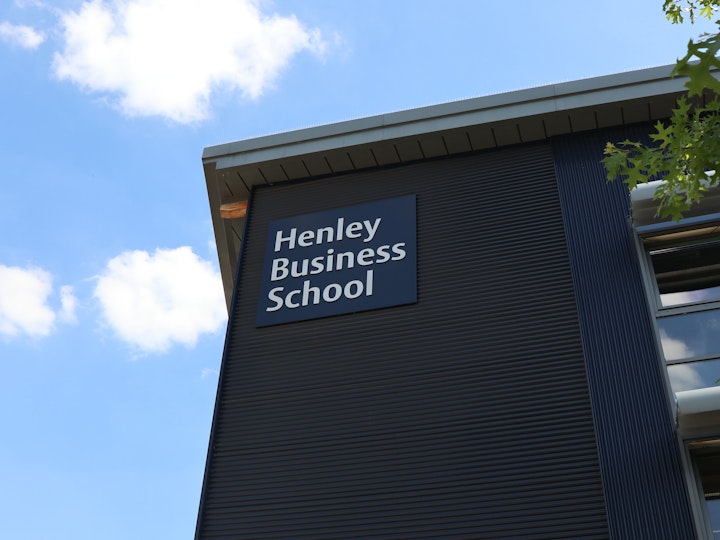IBS Departmental Research Meeting - Facing the European Crisis: Sustainable Growth, Innovation, and Power in a Shifting Global Economy
Departmental Research Meeting - Facing the European Crisis: Sustainable Growth, Innovation, and Power in a Shifting Global Economy
Presenter - Angela Garcia Calvo, Henley Business School

| Event information | |
|---|---|
| Date | 15 November 2023 |
| Time | 13:00-14:30 (Timezone: Europe/London) |
| Price | Free |
| Venue | Henley Business School |
Event types: |
|
You are cordially invited to attend an International Business and Strategy Departmental Research Meeting, during which there will be a presentation by Angela Garcia Calvo, Henley Business School. A reminder that attendance for IBS (full time, research oriented) staff and full-time students is compulsory, and where possible, must be in person. Individuals unable to attend in person, due to legitimate reasons will be provided a Teams link on request. Non-IBS staff are welcome to attend, but must register prior to the event. If you have not received the email invite please email Jana Oslejova.
Please join us in Room 108, Henley Business School, if you would like to attend, please register using the link below:
Please make sure you let me know in advance if you intend to attend in person so that the correct amount of catering is booked.
Date: Wednesday 15th November, HBS Room 108
Time: 13.00 – 14.15 pm
Abstract:
The EU faces the task of restructuring its economic model for a world in which China is a manufacturing power, Russia and the developing world are less reliable sources of inexpensive raw materials, and the US is no longer a dependable partner. At stake is the EU’s ability to remain a relevant actor in the global stage. But how can the EU restructure? International political economy scholars set Europe’s crisis against the background of a shifting global order in which governments are willing to use economic tools to achieve geostrategic objectives. However, while external forces may spur the EU into action, actual policy responses are shaped by internal political struggles rather than external events. Political scientists investigate the tensions between contending factions with competing projects and explore their implications for EU policymaking, yet they fail to examine the conditions under actual policies can succeed or fail in enabling transformation. Developmental state scholars have studied the conditions in which transformation can succeed, but the East-Asia centric literature is based on studies of middle-income economies whose characteristics differ from those of Europe’s advanced economies. This project fills in this gap by introducing a novel perspective on structural transformation that starts from the perspective of firms rather than that of political factions or international forces and concentrates on the conditions under which structural transformation can succeed or fail in the European context. The project will examine three pathways for transformation: one based solely on regulation/competition, a second based on R&D and innovation policies, and a third a multilevel approach that combines the first two types of measures with labor, skills, and welfare policies. The analysis will be based on in-depth case studies of key large European firms in sectors: online platforms, semiconductors and the automotive sector between 1990 and 2015. The project will then use insights from the analysis to examine the consequences of transformation in previous decades for today’s ongoing round of transformation, gauge the early impact of recently adopted measures, and generate insights that may help generate growth in Europe.
Please note that at the moment this is only a project proposal rather than a fully-fledged output. The goal if this presentation is to force myself to articulate the project in front of an audience and, with your help, identify holes and think through them.


